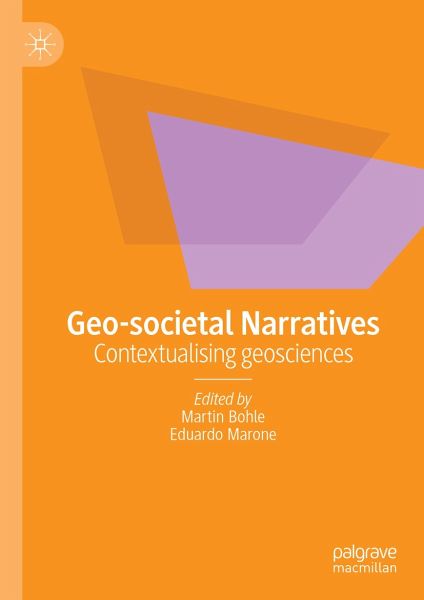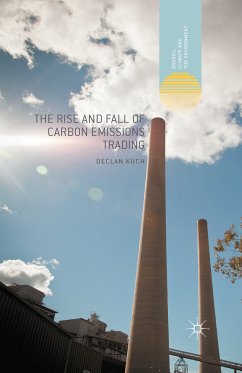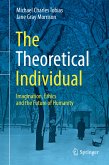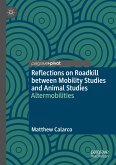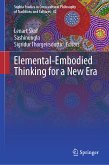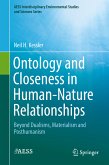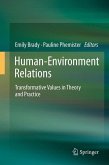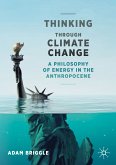The authors introduce two perspectives of societal geosciences, both informed by the lens of geoethics. Throughout the text, core themes are explored; human agency, the integrity of place, geo-centricity, economy and climate justice, subjective sense-making and spirituality, nationalism, participatory empowerment and leadership in times of anthropogenic global change. The book concludes with a discussion on culture, education, or philosophy of science as aggregating concepts of seemingly disjunct narratives.
The diverse intellectual homes of the authors offer a rich resource in terms of how they perceive human agency within the Earth system. Two geoscientific perspectives and fourteen narratives from various cultural, social and political viewpoints contextualise geosciences in the World(s) of the Anthropocene.
Martin Bohle was a manager of EU science programs. He obtained a Docteur ès Sciences at the Ecole Polytechnique Fédéral de Lausanne (CH). His interests are societal geosciences and geophysical fluid dynamics. Affiliated with the Ronin Institute (NJ, USA), he cooperates with the International Association for Promoting Geoethics.
Eduardo Marone, Professor at the Federal University of Paraná (Center for Marine Studies), obtained a PhD in Physical Oceanography at the University of São Paulo. He is Director of the Training Centre of the International Ocean Institute for Latin America and the Caribbean and was a leading Author for the Millennium Assessment.
Dieser Download kann aus rechtlichen Gründen nur mit Rechnungsadresse in A, B, BG, CY, CZ, D, DK, EW, E, FIN, F, GR, HR, H, IRL, I, LT, L, LR, M, NL, PL, P, R, S, SLO, SK ausgeliefert werden.

